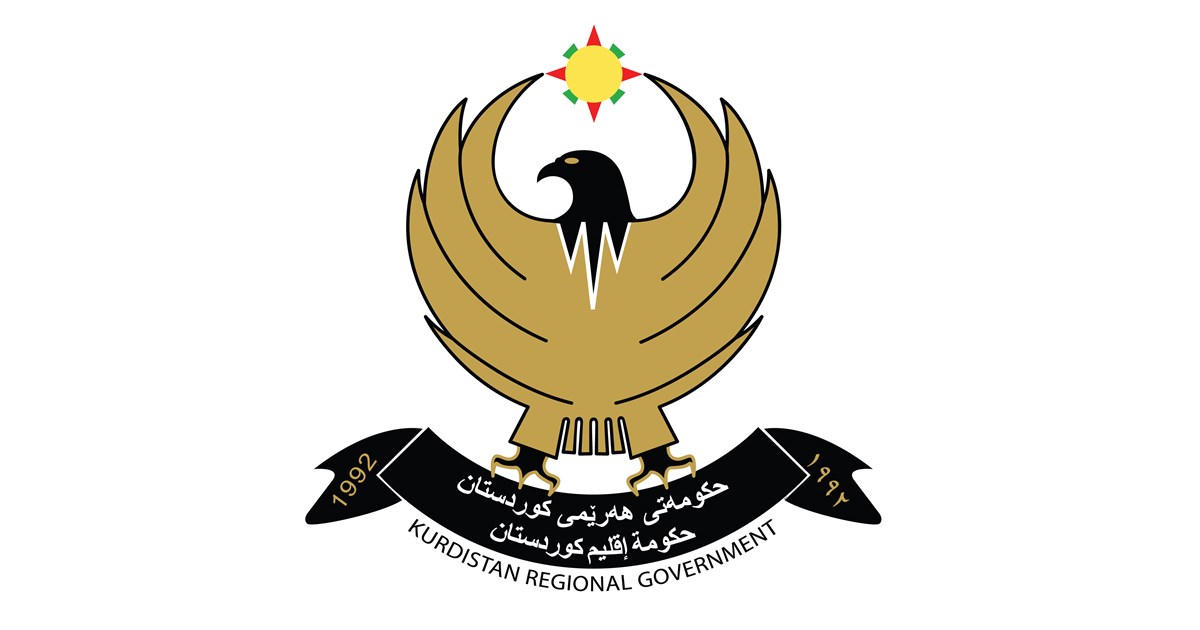Statement by the ministry of natural resources of KRG

The Kurdistan Regional Government (KRG) has become aware of public comments recently made by the Ministry of Oil (MOI) of the Federal Government of Iraq (FGI) relating to the export of oil from the Kurdistan Region. Those comments seek to attribute responsibility for the failure of oil exports to the KRG itself.
In particular, the MOI states that it “…continues to insist on resuming exports through the Iraqi-Turkish pipeline as soon as possible, while adhering to the provisions of the constitution and the law”, but that the relevant KRG production contracts “have not been approved by the federal government or the federal Ministry of Oil at all, as they lack a sound constitutional and legal basis”.
As the MOI well knows, there is no provision of the 2005 Constitution of Iraq that confers any power upon the FGI to “approve” contracts issued by the KRG. The legal basis for those production contracts is the 2007 KRG Oil and Gas Law, passed unanimously by the democratically-elected Kurdistan parliament. That 2007 law is acknowledged by the world’s leading constitutional and international lawyers as having a solid basis in the 2005 Constitution of Iraq. Those lawyers include the late Professor James Crawford, a Judge of the International Court of Justice, and more recently Judge Stephen Schwebel, a former President of the International Court of Justice. Both lawyers published their opinions. Those eminent opinions have, quite rightly, been the basis of hundreds of billions of dollars of investment, including a great deal of western investment, in Iraqi Kurdistan.
By contrast, the MOI relies on nothing more than a February 2022 “order” from a panel or committee of political appointees in Baghdad that asserts the unconstitutionality of the 2007 KRG law. While the MOI publicly refers to that committee as the “Federal Supreme Court”, everyone knows that it is no such thing. The so-called “court” was not convened in accordance with the relevant provisions of the 2005 Constitution. It is revealing that the MOI does not even argue for the legitimacy of that committee. As one would expect, the February 2022 “order” of the political committee is, like the Saddam-era orders on which it is modelled, almost comically devoid of even the most rudimentary legal reasoning. It is an embarrassment to the people of Iraq. The KRG executive pointed out this plain fact from the moment the “order” was issued, followed soon after by the KRG legislature and judiciary. The KRG judiciary is properly constituted, and it does not recognise the 15 February 2022 order as the decision of a court.
It is also revealing that the parliament of the FGI, unlike the parliament of the KRG, has still not passed an oil and gas law that is consistent with the 2005 Constitution. Indeed, the FGI has been unable, or unwilling, to pass any oil and gas legislation at all. The FGI oil sector is thus shrouded in a fog of corruption, over-centralisation and illegitimacy, seeking to rely in the meantime on the antiquated proclamations from the office of Saddam Hussein. The fact is that no federal Iraqi institution, “court” or otherwise, has the authority to invalidate the 2005 Constitution and invalidate KRG law.
In January this year, senior delegations from each of the KRG and the FGI met, without prejudice to our respective constitutional rights, and agreed the terms of federal budget legislation that would address the technical matter of production costs in the Kurdistan Region. It was our joint understanding that the legislation would be implemented and that exports would resume without further delay.
We encourage the FGI to adhere to the terms of the January agreement and to facilitate the resumption of exports. There is no justification, in the 2005 Constitution or anywhere else, for the MOI to introduce obstacles to oil export. Those exports are vital to the prosperity of all of the peoples of Iraq. They are also vital to the peace and energy security of the international community.
In the meantime, the KRG will continue to embrace and promote the rule of law. The KRG will safeguard the integrity, independence, and constitutional jurisdiction of the courts of the Kurdistan Region. The 2007 KRG Oil and Gas Law, and all KRG laws, remain in full force. The KRG will, as always, protect the 2005 Constitution, uphold the 2007 law, and adhere to the terms of contracts entered into in accordance with that law.
